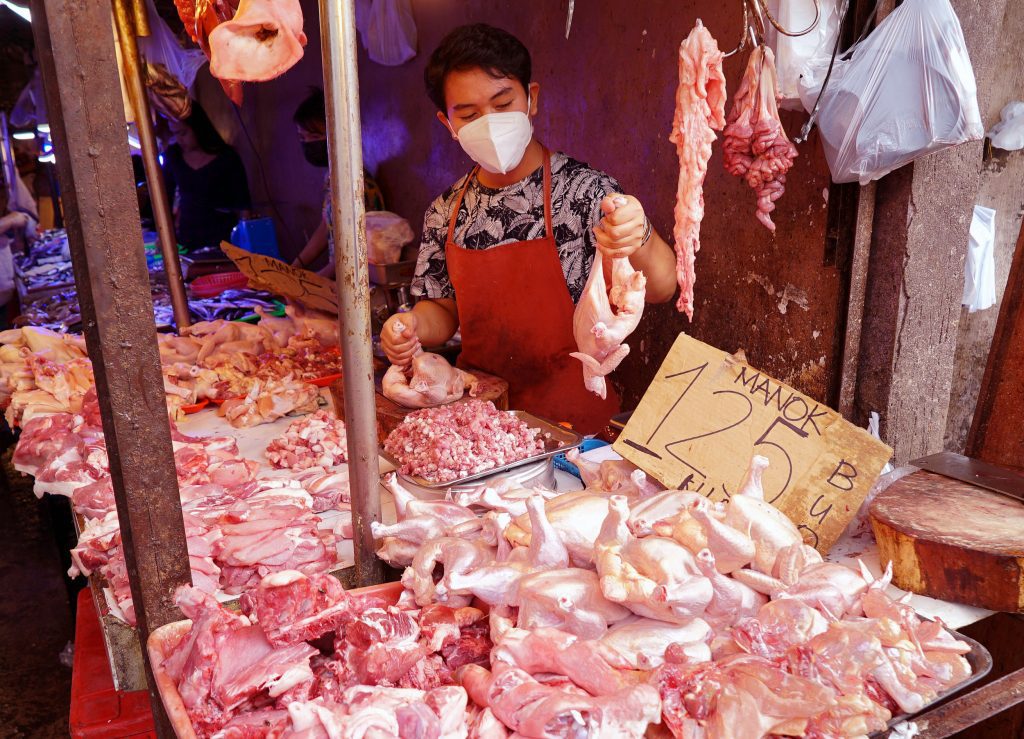News
Stakeholders welcome reduced tariff on meat imports

MANILA – The Philippine Association of Meat Processors Inc. (PAMPI) on Thursday welcomed President Rodrigo Duterte’s decision to reduce import duties of pork for the next 12 months.
“We welcome the decision of the President to temporarily reduce import duties of pork imports. We consider it a victory for the millions of Filipino consumers who have been suffering from the shortage of local pork, thus pushing prices to levels beyond their reach,” PAMPI said in a statement.
It said meat processors and legitimate importers “will benefit from this landmark decision, and this will allow us to bring back affordable value-added pork products to the market.”
“We understand that this reduction of duties is for all importers, and we enjoin the country’s hog industry to take part as well,” it added.
On Wednesday, President Duterte issued an executive order (EO) temporarily modifying the rates of import duty on pork products to address the impact of the African swine fever (ASF) on the country’s hog industry.
Under EO 128, Duterte stressed the need to take immediate steps to allow the domestic swine industry to “fully recover and attain sufficient local pork production.”
EO 128 reduces tariff rates for both in-quota and out-quota imports of pork to boost pork supply in the country and tame prices of pork products.
The current tariff for in-quota pork is 30 percent and 40 percent for out-quota.
Under EO 128, the in-quota or within the minimum access volume (MAV) for pork for the first three months upon effectivity will be 5 percent, while 15 percent for out-quota or outside MAV.
For the fourth to 12th months, in-quota would be 10 percent while out-quota will be 20 percent.
Agriculture Secretary William Dar, in a joint virtual presser with the Department of Trade and Industry (DTI), on Wednesday said the government and other stakeholders are committed to stabilizing food prices by augmenting food supply.
They also ensure that the supply chains of goods, especially food, will be unhampered during the enhanced community quarantine in the National Capital Region Plus bubble.
Measures to boost the supply of key agricultural commodities, including temporary reduction of tariff and quota controls, can help stabilize food prices and inflation, Dar said.





















